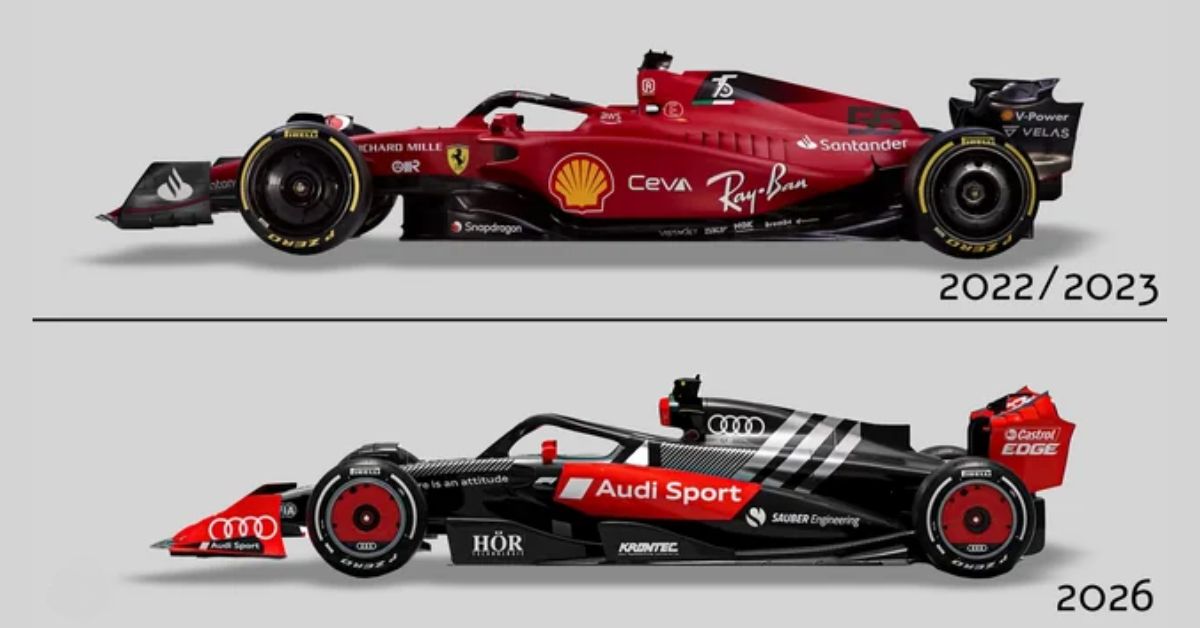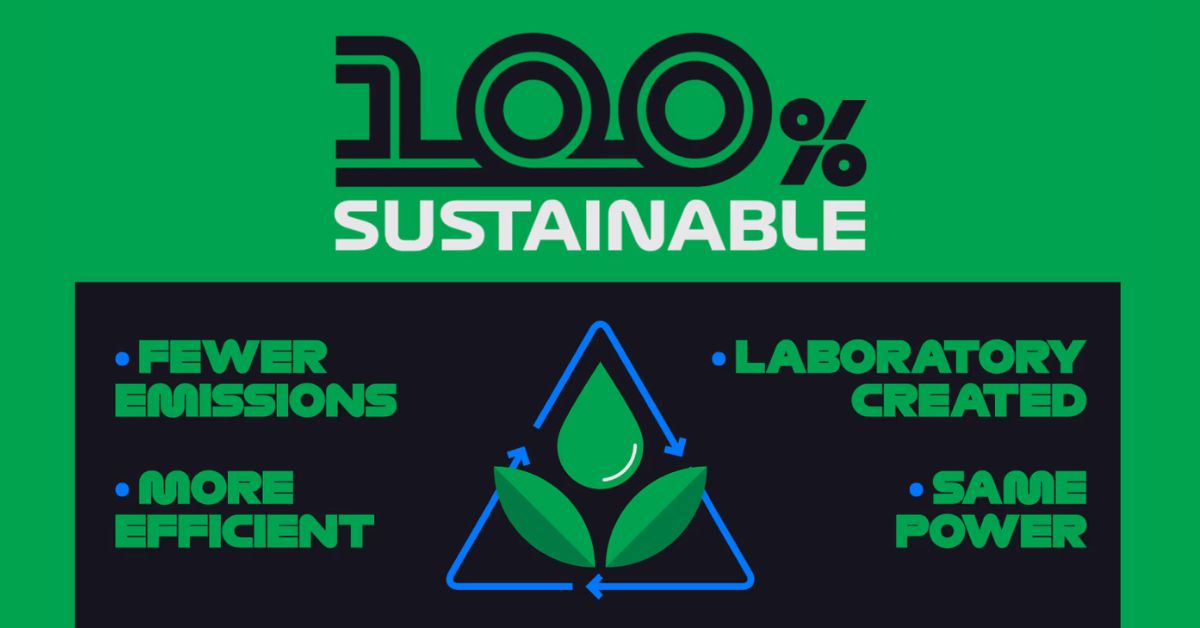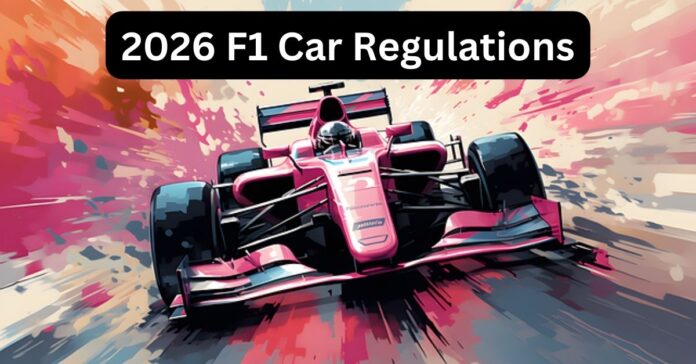In a groundbreaking announcement today, the FIA unveiled the much-anticipated 2026 Formula 1 (F1) car regulations, promising a new era of competition that is both thrilling and environmentally conscious. The new rules dubbed the ‘nimble car’ concept, aim to make the cars smaller, lighter, and more agile, enhancing the racing spectacle while reducing the sport’s environmental impact.
NEW F1 Car Regulations For The 2026 season
The most significant change is the reduction in car dimensions. The wheelbase has been slashed by 200mm, the width cut by 100mm, and the weight reduced by 30kg. These changes are designed to make the cars more nimble and easier to overtake, addressing a long-standing criticism of modern F1 cars being too large and cumbersome.

In addition to the size reduction, the cars will also feature active aerodynamics. This technology will allow the cars to adapt their aerodynamic profile on the fly, reducing drag on the straights and increasing downforce in the corners. This innovation is expected to enhance the racing spectacle, allowing for closer battles and more overtaking opportunities
The power units for 2026 are also set to be revolutionary. They will be smaller and lighter, with a 50% split between internal combustion and electrical power. This shift towards more electrical power is a significant step towards sustainability, aligning F1 with the global push towards greener technologies.
A Move Towards Sustainable Fuel
Moreover, the new power units will run on 100% sustainable fuels, further reducing the sport’s carbon footprint. This move is not just about environmental responsibility; it also opens the door for new manufacturers to enter the sport, as evidenced by the return of Honda and the entry of Audi and Ford.

Safety has also been a key focus in the new regulations. The cars will feature a partially flat floor and a lower-powered diffuser, which will reduce the reliance on ultra-stiff and low setups. This change is expected to make the cars more forgiving and less prone to porpoising, a phenomenon that has plagued the current generation of cars.
READ MORE: Esteban Ocon and Alpine Part Ways: The End of an Era and the Start of a New Chapter
In summary, the 2026 F1 car regulations are a bold step forward for the sport. They promise to deliver smaller, nimbler, and greener cars, enhancing the racing spectacle while reducing the sport’s environmental impact. As we look to the future, it’s clear that F1 is not just about speed and spectacle; it’s also about innovation, sustainability, and pushing the boundaries of what’s possible.


